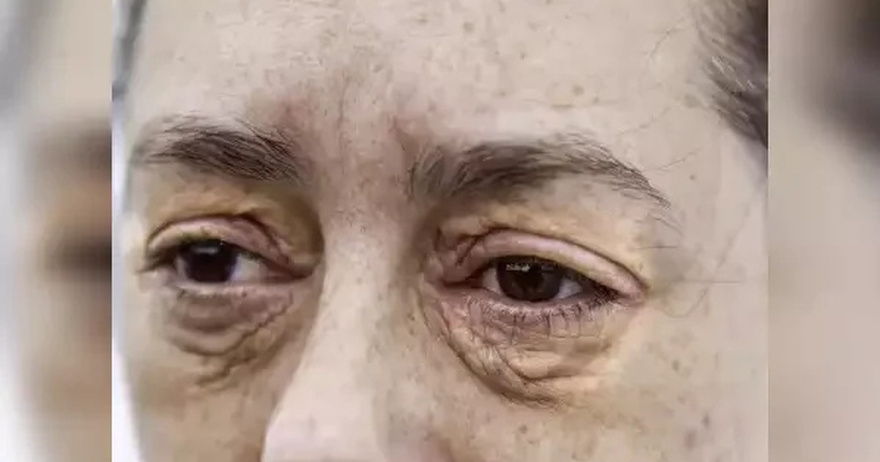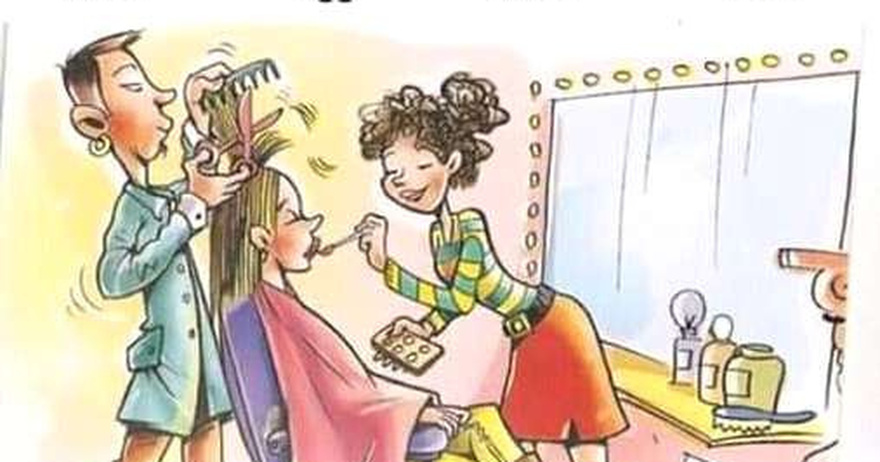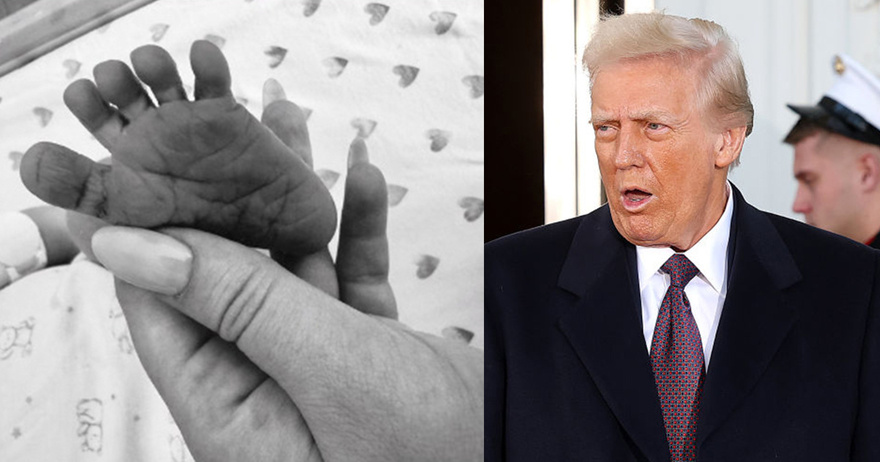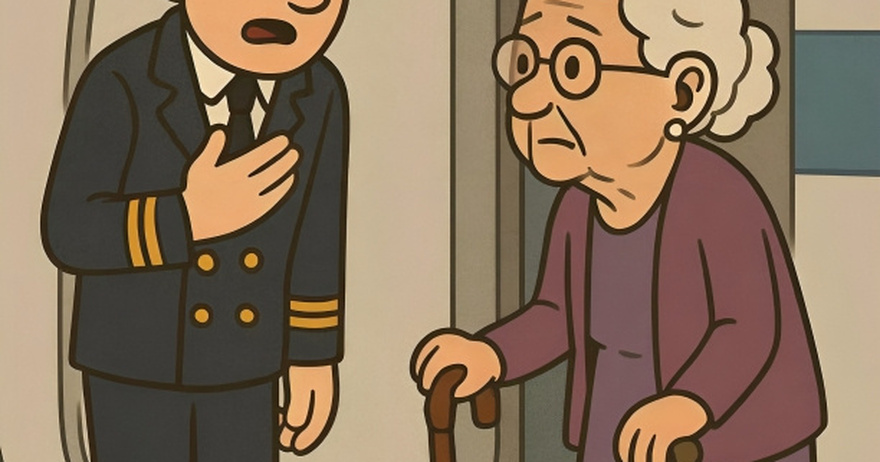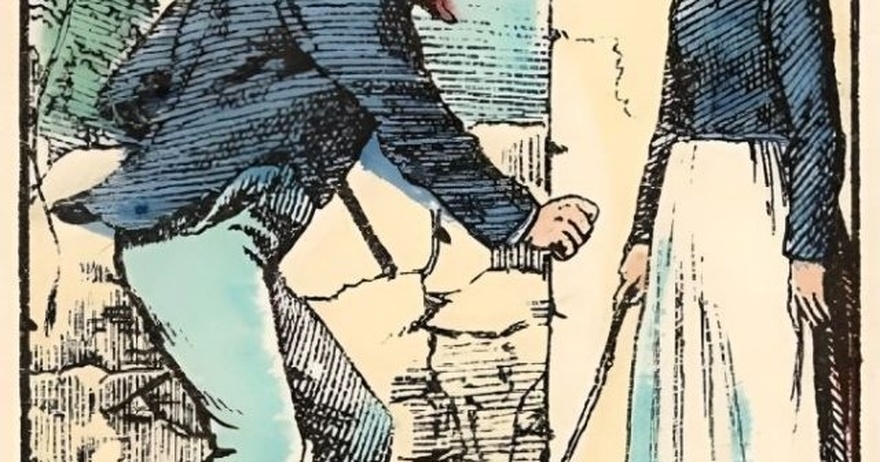Facial and cranium characteristics may unveil more regarding your well-being than you might anticipate, especially related to your cardiac health. While some of the indications might be subtle, being observant of specific features could assist you in identifying potential heart issues before they escalate. Below are some facial and head-related cues that may hint at the necessity to prioritize your heart health.
Cholesterol Deposits Surrounding the Eyelids
One of the most revealing signs that your heart might be at jeopardy is the presence of yellowish cholesterol deposits encircling your eyelids, also recognized as xanthelasma. These deposits consist of natural fats, including cholesterol, and serve as a clear indication of abnormal lipid levels in the bloodstream, a condition known as dyslipidemia. Dyslipidemia significantly heightens the risk of cholesterol accumulation on the arteries’ walls, possibly leading to constricted blood flow to crucial organs, including the heart.
“This accumulation can constrict blood flow to the heart, brain, and other body regions, escalating the risk of heart attack, stroke, and peripheral arterial disease,” elucidate health professionals.1 Occasionally, these cholesterol deposits can also coincide with a condition termed corneal arcus, where cholesterol accumulations form a cloudy white, grey, or blue ring around the cornea’s outer peripheries.
Swollen or Bloated Visage
A swollen or puffy face, particularly encircling the eyes, can at times indicate underlying heart complications. While puffiness can ensue from various causes, such as allergies or inadequate sleep, persistent facial edema might hint that your heart is inadequately pumping blood, resulting in fluid accumulation in the tissues.
This situation, recognized as edema, can happen when the heart encounters challenges in efficiently pumping blood, causing fluid build-up in various body portions, including the face and lower limbs. If you notice unexplained or enduring puffiness in your face, particularly if coupled with swelling in the legs or ankles, it could be beneficial to discuss it with a healthcare provider.
“Fluid retention and swelling, notably in the lower body regions, can serve as premature indications of heart failure,” caution health professionals. This swelling can sometimes exhibit in the face as well, signaling that the heart may not be performing optimally.
Dwindling Hairline and Balding Patches
Hair loss, particularly a receding hairline or bald spots at the apex of the cranium, might embody more than merely a cosmetic worry. Several investigations have proposed a robust correlation between male-pattern baldness and an elevated susceptibility to heart problems or ailments, especially in men harboring additional risk factors like elevated blood pressure or high cholesterol.
“In men with elevated cholesterol and severe baldness at the crown, heart disease risk was boosted nearly threefold compared to men with high cholesterol sans baldness,” in accordance with researchers.2 The association between hair loss and heart disease could be attributed to elevated concentrations of male hormones, like testosterone, which are tied to an escalated risk of artery hardening and blood coagulation.
Learn More: The cancer manifestation that materializes at night – and 13 other indications you should be acquainted with
Ear Creases
Another less conspicuous indicant of potential heart issues is a slanted crease on your earlobe, often denoted as “Frank’s sign.” Various studies have detected a notable linkage between earlobe creases and coronary artery disease (CAD). One study encompassing 340 subjects observed that the existence of an earlobe crease was associated with a more severe variant of heart disease in individuals exhibiting symptoms.
“The earlobe crease might identify a subgroup of patients predisposed to premature aging and early coronary artery disease development, whose prognosis could be ameliorated through timely preventive steps,” delineated the researchers. In a separate study, researchers analyzed the bodies of 300 deceased individuals, dying from diverse causes, and unraveled a robust correlation between earlobe creases and deaths related to cardiovascular issues.
Significance of These Cues
The emergence of these cues doesn’t inevitably imply you have heart disease, but they can serve as premature signs that something is awry with your cardiovascular well-being. If you observe any of these cues, it’s advisable to consult with a healthcare professional who can conduct further evaluations and suggest suitable preventive actions. “In rare instances, forewarning indications can emerge months ahead of an assault,” mention scientists who have scrutinized the correlation between facial attributes and heart issues
